This is the first attempt at a description of the grammar and lexicon of Buddhist Hybrid Sanskrit (BHS). Most North Indian Buddhist texts are composed in it. It is based primarily on an old Middle Indic vernacular not otherwise identifiable. But there seems reason to believe that it contains features which were borrowed (originally, or in the course of historical development or both) from other Middle Indic dialects. In other words, even its Middle Indic aspects are dialectically somewhat mixed. Most strikingly, however, BHS was also extensively influenced by Sanskrit from the very beginning of the tradition as it has been transmitted to us, and increasingly as time went on. Many (especially later) products of this tradition have often, though misleadingly, been called simply ‘Sanskrit’, without qualification.
The most striking peculiarity of this language is that from the very beginning of its tradition it was modified in the direction of standard Sansksrit, while still retaining evidences of its Middle Indic origin. In all its texts, even the oldest, at least as shown by our manuscripts and editions. Sanskritisms are constantly presented cheek by jowl with Middle Indic forms, and often with hybrids which strictly are neither one nor the other. These Sanskritisms are much too common to be comparable with stray Sanskrit loanwords or loanforms which may have been occasionally adopted in many a genuine Middle Indic vernacular.
In principle, the author has excluded from the grammar and dictionary all forms which are standard Sanskrit, and all words which are used in standard Sanskrit with the same meanings.

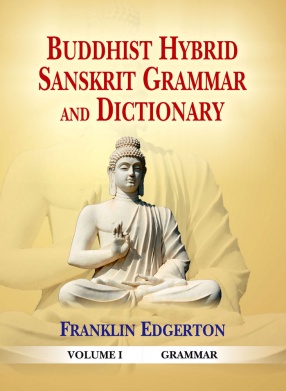
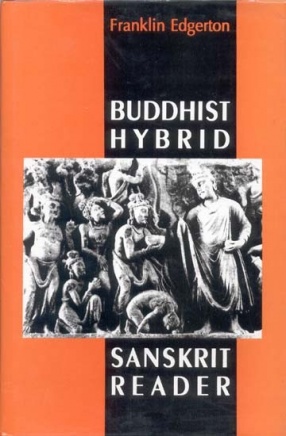

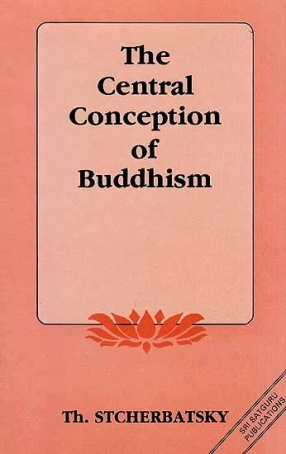
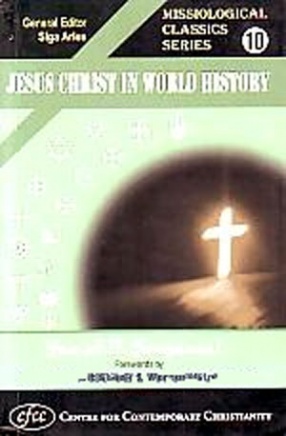
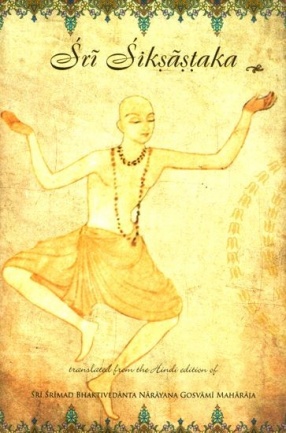
There are no reviews yet.